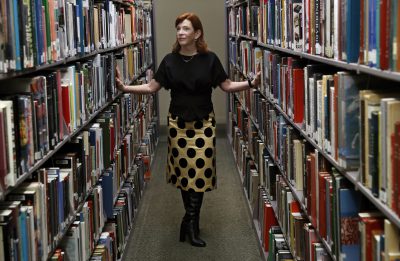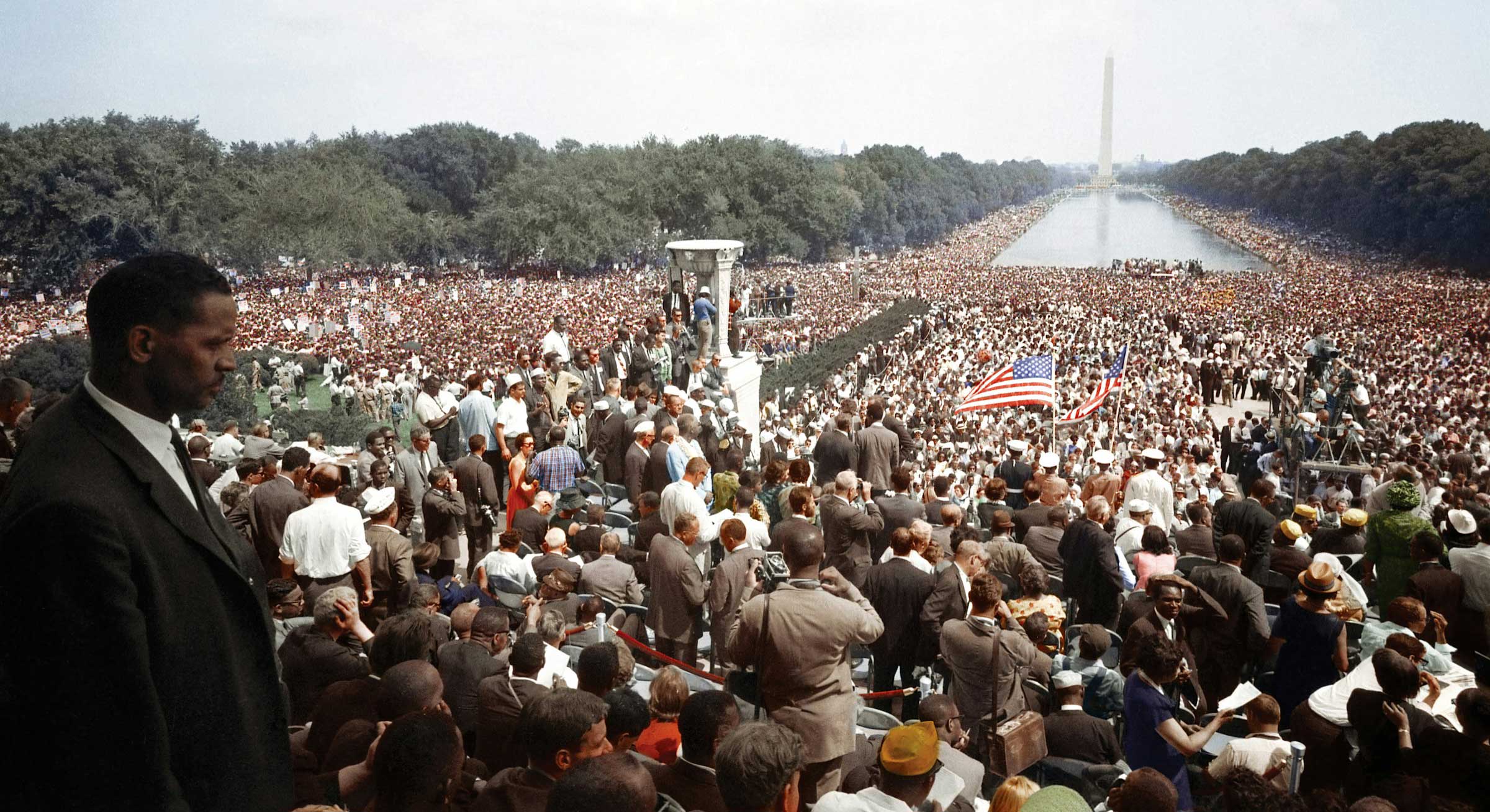
I’m often asked if I have a reader in mind as I’m writing a book. The answer is that I do, indeed. My imaginary reader is curious, adventurous, and willing to follow an ambling story line without knowing for sure where it will lead. She’s no single person in particular—she’s more of a composite of readers I’ve encountered and my friends and, in large part, someone I’ve invented out of thin air.
But in the case of The Library Book, I had a very specific reader in mind: My mom.
I suppose I always have written for my mom and dad, in the sense that most of us do what we do with the persistent hope that our parents will tell us we’ve done a good job, even when we’re well past the age when we could ask for that out loud. But this book was different. It wasn’t the usual I-want-my-parents-to-be-proud-of-me; it was a book that was inextricably connected to my mom. It was my mother who introduced me to the love of libraries, and we went to our neighborhood branch together countless times when I was growing up. I can’t even think of libraries without immediately being reminded of our trips there together—the way the air in the car was charged with excitement as we pulled into the parking lot; the feeling of freedom I had as I headed to the children’s section and she went her way to Literature; the sense of triumph we shared as we piled back into the car with our new stack of books, which we would chatter about on the ride home. Visiting the library defined my relationship with my mother and the ways in which we connected. It was remembering those trips that made me want to write a book about libraries, because I hoped to understand why those trips were so distinct and memorable.
My mother was delighted the day I told her I was writing a book about libraries. “I think I’m the one who got you interested in libraries, wasn’t I?” she asked, wanting to be sure I gave credit where credit was due. “Yes, you’re the one,” I told her. “I wouldn’t be writing this if it weren’t for you.” She was delighted, and we spent some time talking about our countless visits there together. I told her how I had started taking my little boy to our local library, in hopes that he would find the same magic in going there with me as I had with her.
“I knew it couldn’t restore her memories, but I believed that the book could preserve mine.”
The book took me six years to write, and a few years into the process, my mother was diagnosed with dementia. Her memories began drifting away like vapor. Soon, it was clear that she no longer remembered those library visits, and eventually, as the dementia grew, I wasn’t even sure if she remembered me. What had begun as a book inspired by, and written for, my mom, became a book I was writing with the urgent desire to remember this special experience she and I had shared. I knew it couldn’t restore her memories, but I believed that the book could preserve mine. Even though she didn’t live to read the book, I feel her in every line.



